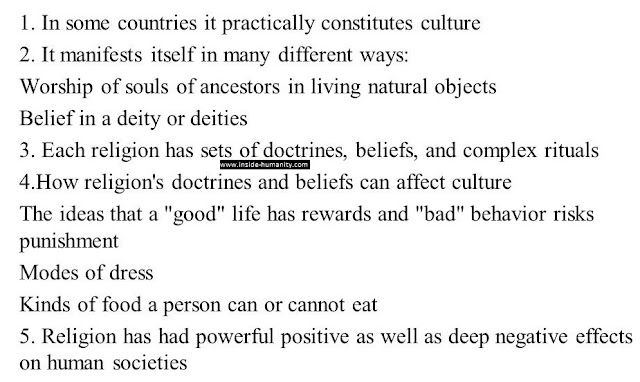Introduction
Capital punishment has been a controversial issue around the world, and Saudi Arabia has faced criticism for its secretive and non-transparent use of the death penalty. The secretive nature of executions in Saudi Arabia leaves families in the dark about the fate of their loved ones, and has severe consequences for the bereaved families. This article explores the background of capital punishment in Saudi Arabia, the secretive nature of executions, the impact on families, and international criticism of the issue.
Background of Capital Punishment in Saudi Arabia
Capital punishment has been used in Saudi Arabia for decades and is considered a severe form of punishment for a variety of crimes including murder, drug trafficking, and apostasy. The use of the death penalty in Saudi Arabia has a historical context, rooted in Islamic law and the country's conservative social and cultural values.
The current laws and practices of capital punishment in Saudi Arabia have faced criticism for their lack of transparency and accountability. Executions are carried out in secret, and families are often not notified until after the sentence has been carried out. The bodies of the deceased are not returned to the families, leaving them with no closure or means of grieving.
The Nature of Secretive Executions
The secretive nature of executions in Saudi Arabia is a major concern for human rights organizations. The lack of transparency and accountability surrounding executions leaves families in the dark about the fate of their loved ones.
Families are often not notified about the execution until after the sentence has been carried out, leaving them with no opportunity to say goodbye or offer support. The bodies of the deceased are not returned to the families, adding to their distress and leaving them with no closure.
Consequences for Families
The impact of secretive executions on families can be severe and long-lasting. The psychological trauma of not knowing the fate of a loved one or the lack of closure can lead to lasting emotional distress. The financial burden of losing a loved one without notice can also be substantial, as families are often left with no means of support or compensation.
Additionally, the stigma and social isolation faced by families of executed individuals can have lasting consequences, including difficulties in finding employment or securing basic needs. The secretive nature of executions in Saudi Arabia has faced criticism from human rights organizations and the international community.
Concerns have been raised about the lack of accountability and justice surrounding the death penalty in Saudi Arabia, with calls for increased transparency and access to information for families. The issue has also faced political pressure from the international community, with calls for an end to the use of the death penalty in Saudi Arabia.
The Role of the Saudi Arabian Government
The Saudi Arabian government has consistently defended its use of capital punishment, citing the country's legal system and the role of Islamic law. Despite international criticism, the government has not taken significant steps towards reforming the system or increasing transparency.
In response to concerns raised by human rights organizations and the international community, the government has argued that capital punishment is an important part of the country's legal system and that it is carried out in accordance with the law.
The Influence of Culture and Religion
Culture and religion play a significant role in the use of capital punishment in Saudi Arabia. Islamic law has been used as the basis for the country's legal system, and the conservative social and cultural values of the country have contributed to the continuation of the death penalty.
The impact of cultural and religious beliefs on the use of the death penalty in Saudi Arabia highlights the need for a nuanced and sensitive approach to the issue, taking into account the cultural and religious context of the country.
The Implications for Human Rights
The secretive nature of executions in Saudi Arabia has serious implications for human rights, including the right to life, the right to a fair trial, and the right to information and family notification. The lack of transparency and accountability surrounding capital punishment in Saudi Arabia raises concerns about the protection of human rights and the possibility of wrongful convictions.
The impact of secretive executions on families also highlights the importance of the right to information and family notification, as well as the need for support and compensation for bereaved families. The future of capital punishment in Saudi Arabia is uncertain, with the potential for change driven by international pressure and the efforts of human rights organizations.
The role of international pressure, particularly from the political and diplomatic community, will be critical in shaping the future of capital punishment in Saudi Arabia. The impact of secretive executions on human rights and justice, as well as the importance of cultural and religious context, will also play a role in determining the future of the death penalty in the country.















0 Comments
Thank you. We'll reply you shortly.